Rome, Oct 13 (V7N) — Chief Advisor Professor Dr. Muhammad Yunus has said that despite being half the size of Italy, Bangladesh is successfully providing food to 170 million citizens while also sheltering and feeding 1.3 million Rohingya refugees who fled persecution in Myanmar.
He made the remarks while speaking at the opening ceremony of the World Food Forum held in Rome, Italy, on Monday (October 13) at 6 PM local time.
Dr. Yunus highlighted that Bangladesh’s youth-led social movement has transformed the country’s institutions and governance. “National elections will be held next February, which will represent an institutionalized form of our commitment to justice and people’s power,” he said.
Underscoring the country’s progress in food production, the Chief Advisor stated, “Bangladesh has become self-sufficient in rice, the main staple food. Today, it is among the top producers of rice, vegetables, and freshwater fish globally.”
He added that farmers have increased land productivity by 214 percent, developing 133 climate-tolerant rice varieties and advancing agricultural mechanization alongside a robust food distribution system.
Calling hunger a moral failure rather than a production issue, Dr. Yunus said, “In 2024, 673 million people were hungry, even though the world produced enough food. This is not a failure of production—it is a failure of our economic system and of morality. When we cannot raise a few billion dollars to end hunger, but spend $2.7 trillion on weapons, we must ask ourselves if this is our definition of progress.”
He emphasized that technology, when paired with the right business structure, can help build a new world. Citing examples from his own initiatives, he said, “Grameen Bank has shown that poor women can be successful entrepreneurs. Grameen Danone Baby Food is fighting malnutrition, and social businesses around the world are empowering people and communities.”
Dr. Yunus concluded by calling for the creation of a global social business fund for youth, women, farmers, agri-entrepreneurs, and technology innovators. “We need legal and financial frameworks that allow them to move forward without obstacles,” he said.
END/SMA/AJ



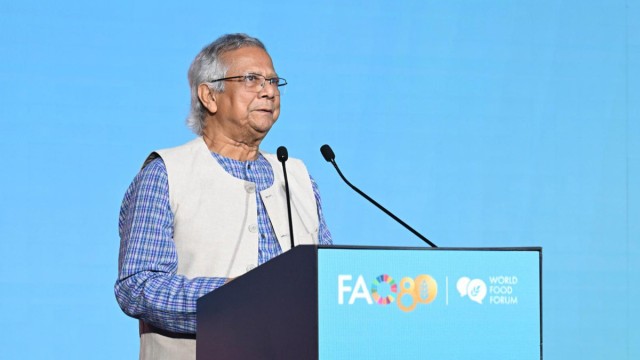

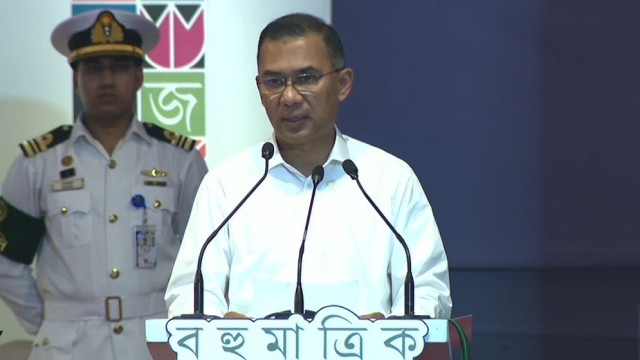

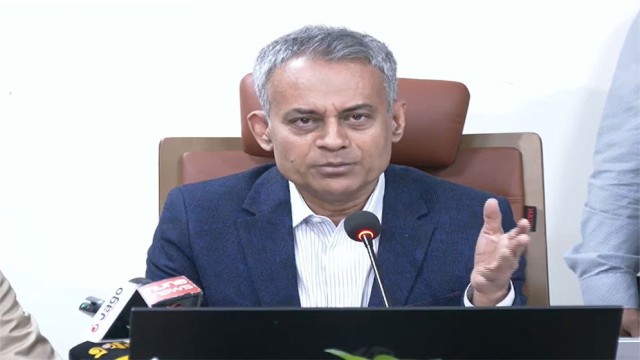
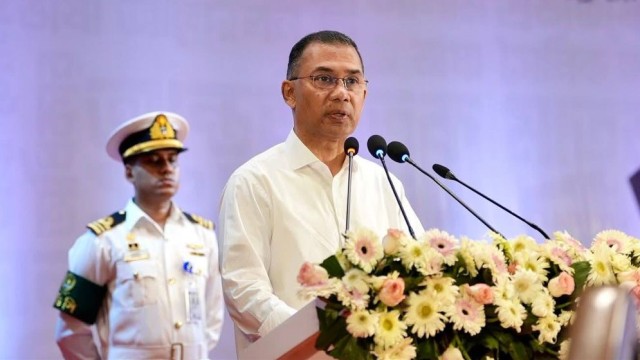
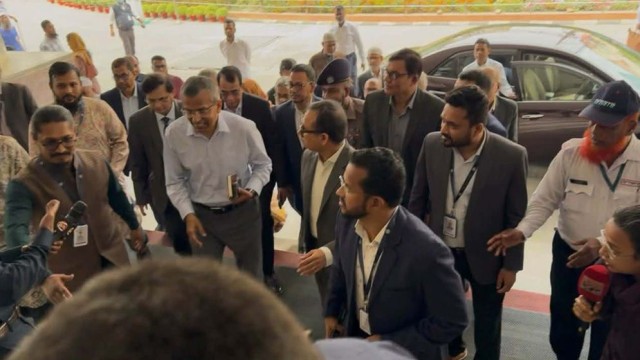


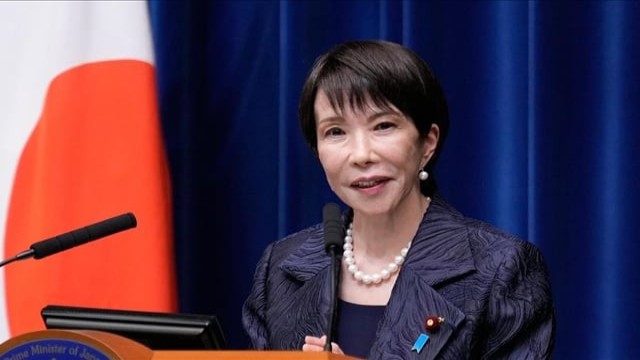
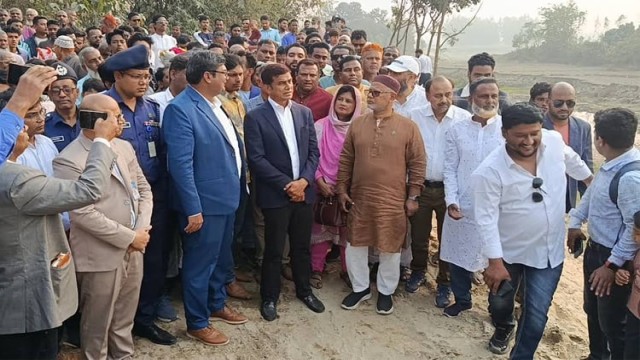



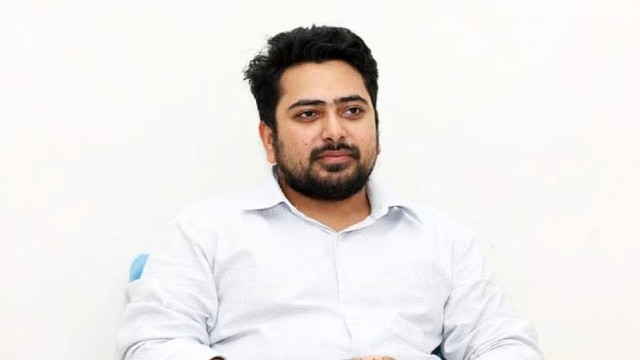








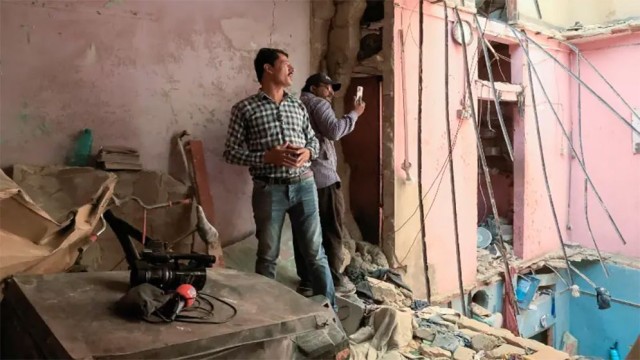
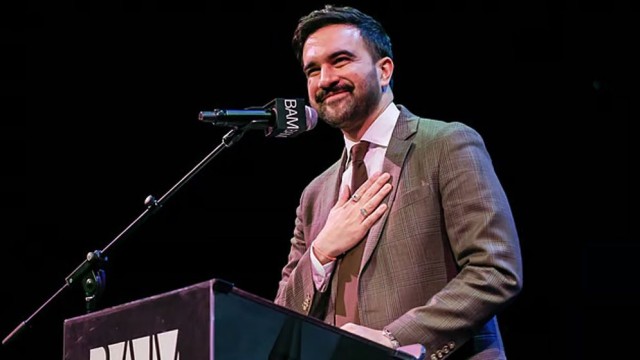

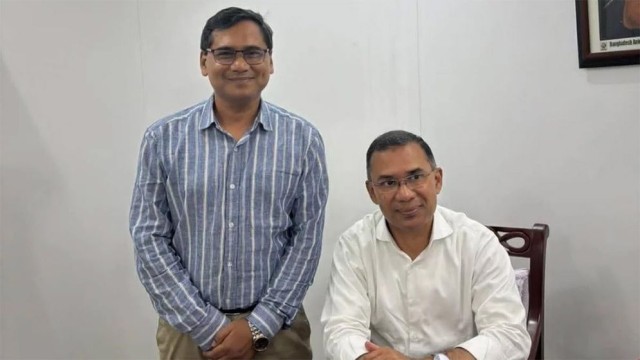

Comment: